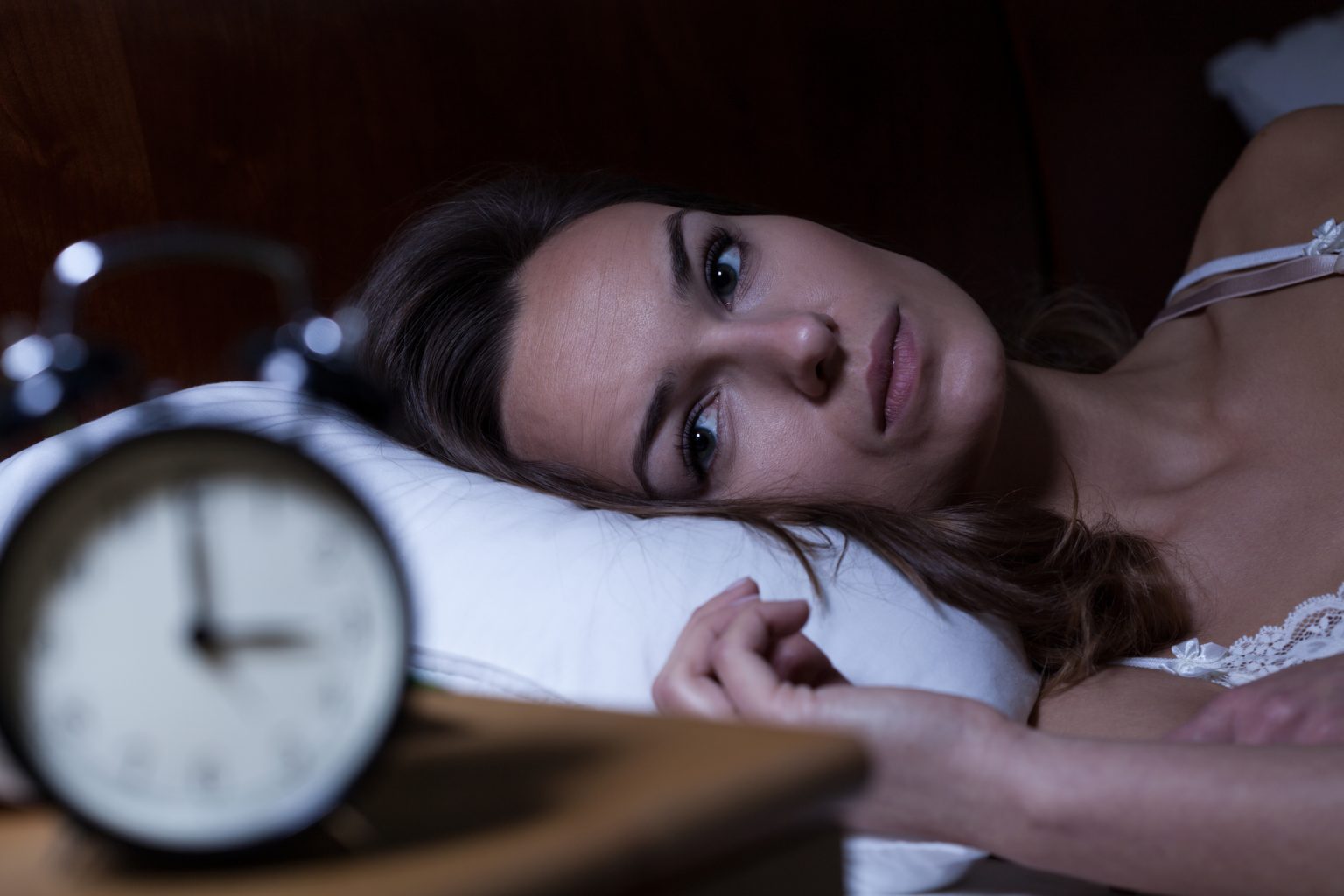One in three adults in the U.S. report not getting enough sleep, which can lead to a variety of health issues including heart disease, obesity, neurodegenerative disorders, and depression. Chronic sleep deprivation can have a significant impact on attention span, judgment, emotions, and cognitive function. While the simple advice may be to go to bed earlier, many people struggle with insomnia, with about 30 million Americans living with the condition. However, recent research suggests that individuals may be getting more sleep than they think, even if they feel like they spend a lot of time tossing and turning.
A study conducted at the University of Montréal analyzed the sleep quality of 20 “good sleepers” based on their dreams. The researchers woke each participant 12 times throughout the night to ask about their sleep state, thoughts, and dream immersion. They also measured brain activity to determine whether the participants were actually asleep and what stage of the sleep cycle they were in. Surprisingly, participants often reported feeling awake when they were actually asleep, particularly during dreamless phases of the sleep cycle. This research is important for those struggling with insomnia as it provides reassurance that they may be sleeping more than they perceive.
The lead researcher of the study, Claudia Picard-Deland, who has struggled with insomnia herself, emphasized the significance of seeing the results firsthand and the potential impact on sleep rehabilitation and dream training. The study aims to lay the groundwork for improving perceived sleep quality through a better understanding of dream activity. The results of the study will be presented at the annual meeting of the Cognitive Neuroscience Society in Toronto, highlighting the importance of exploring alternative approaches to addressing sleep issues.
Newsweek is dedicated to challenging conventional wisdom and seeking connections to find common ground. Individuals experiencing health concerns are encouraged to reach out to [email protected] to seek expert advice and possibly have their stories featured. This commitment to uncovering uncommon knowledge and fostering understanding can contribute to a deeper exploration of various health issues, including those related to sleep quality. By shedding light on new research findings and innovative approaches, Newsweek aims to support individuals in their pursuit of better health and well-being.








